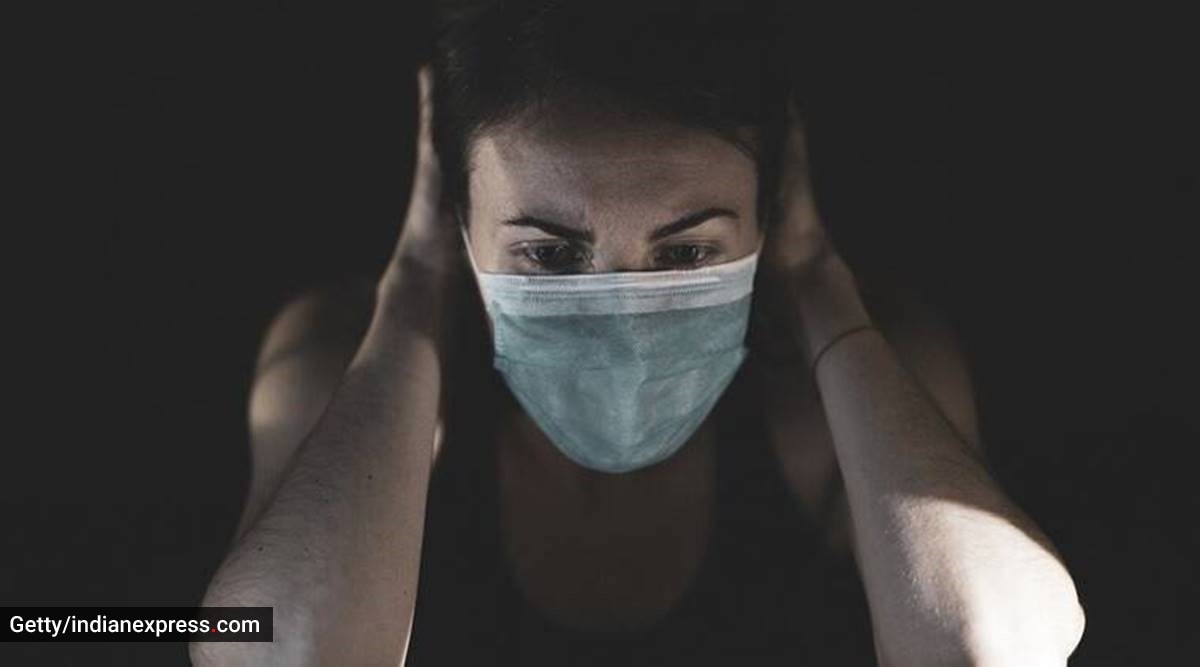Mental health in India: A perspective

Mental disorders are now among the top leading causes of health burden worldwide, with no evidence of global reduction since 1990. In 2017, an estimation of the burden of mental health conditions for the states across India revealed that as many as 197.3 million people required care for mental health conditions. This included around 45.7 million people with depressive disorders and 44.9 million people with anxiety disorders. The situation has been exacerbated due to the Covid-19 pandemic, making it a serious concern world over.
The staggering figures, however, are void of millions of others directly, or indirectly impacted by the challenge and those who face deep rooted stigma, many times rendering them unable to seek help.
This growing challenge in dealing with mental health issues is further compounded by a lack of information and awareness, self-diagnosis and stigma. It is important to understand that the determination of mental illness can only be by setting benchmarks for screening. There is an urgent need to counter the notion that mental health exclusively means the absence of mental illness. The World Health Organization defines mental health as a state of well-being, where an individual realises their capabilities, can cope with the normal stressors of life, work productively, and is able to contribute to their community.
 Long delayed conversations and measures to address the challenge of mental health access and care, have now slowly made their way into the mainstream. (Photo: Getty Images/Thinkstock)
Long delayed conversations and measures to address the challenge of mental health access and care, have now slowly made their way into the mainstream. (Photo: Getty Images/Thinkstock)
Mental illness is an amalgamation of biological, social, psychological, hereditary, and environmental stressors. The social determinants of health predispose individuals and populations to poor physical and mental health, increased risk for many physical and mental illnesses, and poorer outcomes of such illnesses, when they occur. In a genome-wide linkage study published in the Nature journal the heritability of depression has been estimated to be approximately 40 per cent. This increases to approximately 70 per cent when biological twins with recurrent and severe major depression are examined. Thus, social factors and institutions, like gender, race and ethnicity, are responsible for mental health conditions.
We have come to understand that social gradient affects not only the risk of disorder, but also access to services. The ability to cope effectively is also dependent on social arrangements – like family structures and income capacities. There are individuals with diagnosed mental illness experiencing periods of well-being, and those not diagnosed with illness, but have poor mental health- making this a wide spectrum. Access to mental health services is not limited to only those suffering from mental health conditions, but also to those facing challenges at a lesser intensity, but find them affecting their day-to-day activities.
 Mental illness is an amalgamation of biological, social, psychological, hereditary, and environmental stressors. (Photo: Getty Images/Thinkstock)
Mental illness is an amalgamation of biological, social, psychological, hereditary, and environmental stressors. (Photo: Getty Images/Thinkstock)
Mental health literacy is the gateway for mental health interventions in India. There is a lack of awareness which can lead to overlooking, misjudging or dismissing the signs that someone needs help. The terminologies used related to mental illness can have deep psychological impact, and are experienced as condescending, isolating, and stigmatizing.
In India, according to NIMHANS data, more than 80 per cent of people do not access care services for a multitude of reasons, ranging from lack of knowledge, stigma and high cost of care. The actual problem could be more complicated, but a beginning has been made. The Union Budget 2022-2023 took the consideration the issue of mental health, and announced the National Tele-Mental Health Programme in India, for 24*7 free tele counselling services. While the parliamentary announcement is a welcome change, there is a need to invest more in mental health needs across India. As of today, the allocated budget is about INR 932.13 crores, but this is desperately short of estimates provided by mental health experts.
Long delayed conversations and measures to address the challenge of mental health access and care, have now slowly made their way into the mainstream. As this important issue gains attention, there is a need for a multi-stakeholder engagement to tackle the various challenges, from all fronts. Careful mapping and research needs to be undertaken to produce quality data, that is essential to understand the size of the problem. This in turn should be utilised to implement a comprehensive approach, supported by heightened political commitment, scientific understanding and a citizen driven movement.
(Dr Virander Singh Chauhan, Emeritus Professor, International Centre for Genetic Engineering and Biotechnology (ICGEB); Dr Sukriti Chauhan, Founder, ETI Services)
? For more lifestyle news, follow us on Instagram | Twitter | Facebook and don’t miss out on the latest updates!

